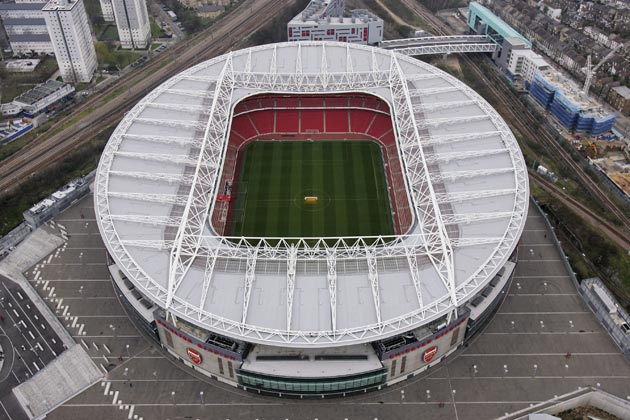Fans concerned over 'football inflation'

Fans have expressed fears about 'football inflation' after a new survey revealed 30 per cent of supporters intend to cut the number of live matches they attend.
The research by Virgin Money's football fans' inflation index said nearly one in three supporters would go to fewer games in 2009/10 because of the rising cost and the economic climate.
Malcolm Clarke, chairman of the Football Supporters' Federation, said: "It is very worrying that 'football inflation' continues at a level way above standard inflation.
"With people losing their jobs and being worried about the future, it's not surprising that going to the match - a leisure activity - might suffer.
"In the middle of all this, fans see huge sums of money being paid in transfer fees and even a club talking of paying a player a million pounds a month, which many regard as obscene.
"A little bit of prudence - and a little bit of humility - from those at the top of our game, would not come amiss in the current climate."
The index has tracked the cost of being a fan since January 2006 and shows a rise of 30 per cent in three years in terms of ticket prices, rail fares, merchandise and pay-per-view TV costs.
The survey of 4,000 fans in England showed the biggest impact with supporters of three of the big four - Arsenal, Manchester United and Liverpool - with 33 per cent of those surveyed intending to reduce live matches. The figure for Chelsea was 27%.
Those least affected in the Premier League were newly-promoted Burnley, Fulham and Hull with the figures 19 per cent, 22 per cent and 23 per cent respectively.
Join our commenting forum
Join thought-provoking conversations, follow other Independent readers and see their replies
Comments